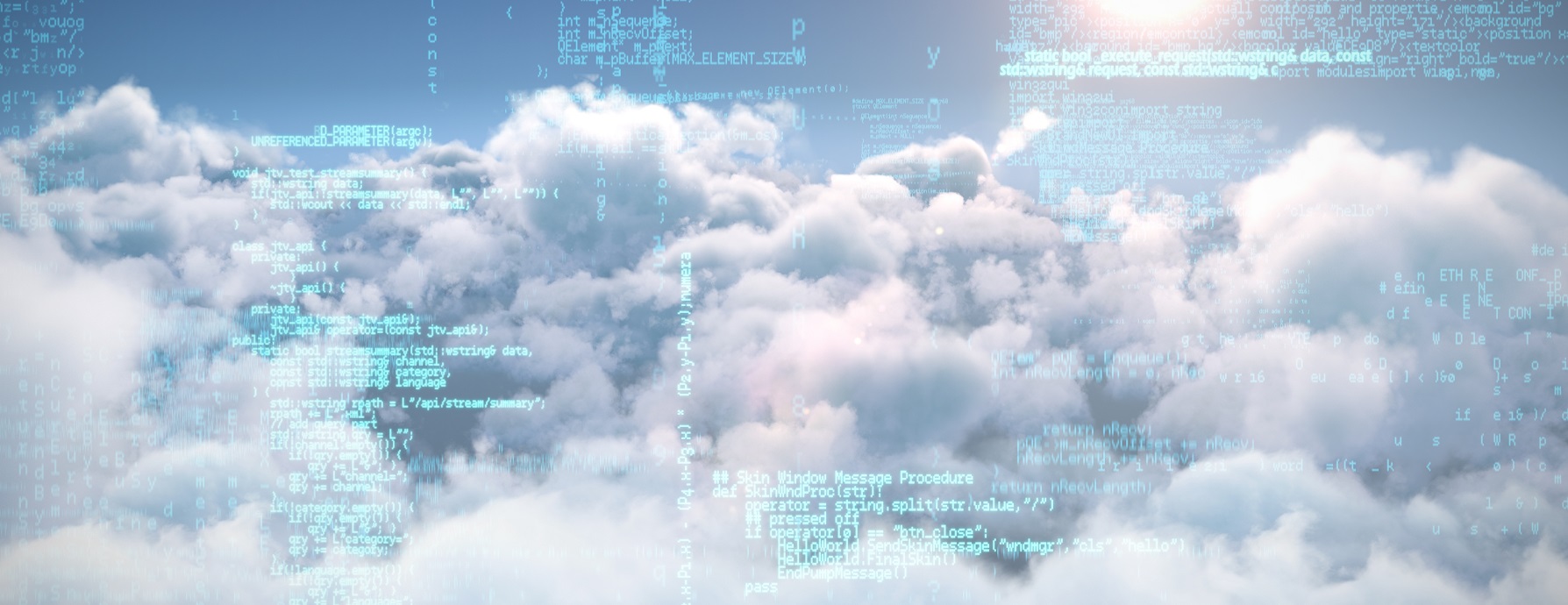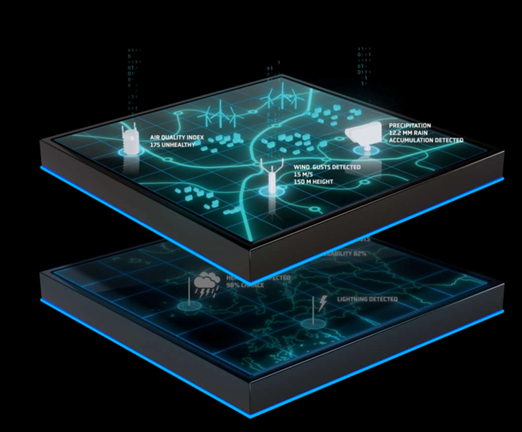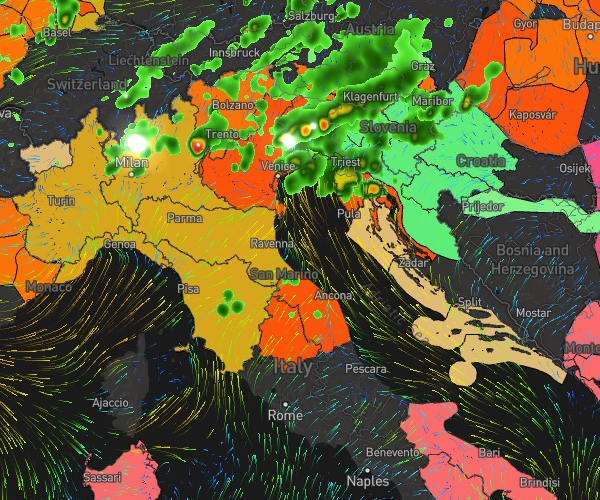How technology pushes us into a new era of weather prediction
2.5.2024//Educational, Opinion, Meteorology

Why are technology companies focusing so much on weather forecasting and what implications does it have?
From the early 1900s, when weather information became crucial during wartime, to the modern era where it's a constant presence on our mobile phones, the journey of weather forecasting is a testament to technological advancement.
Weather technology is now being transformed and accelerated by Artificial Intelligence, and whatever technological breakthrough comes next will likely have a similar effect.
Weather technology is now being transformed and accelerated by Artificial Intelligence, and whatever technological breakthrough comes next will likely have a similar effect.
The widespread availability of weather information began post-World War II, coinciding with the proliferation of television in households. This was a pivotal moment, marking the transition from specialized use to a public utility. As the internet emerged, it brought with it a new era of accessibility, making weather information more readily available than ever before. As computational power advanced, so did our ability to advance forecasting technology. Weather technology is now being transformed and accelerated by Artificial Intelligence, and whatever technological breakthrough comes next will likely have a similar effect.
In recent years, we've witnessed an intriguing development: major technology companies have turned their focus to weather forecasting. This surge in interest isn’t surprising considering the unique attributes of weather data that make it ideal for applications of Artificial intelligence: it's abundant, historical, and universally relevant. If I’m looking to connect with my audience while simultaneously demonstrating advanced machine learning technology, weather is an ideal way to do it.
AI at the forefront of weather forecasting
Weather and technology have become inseparable, with AI at the forefront of this relationship. AI applications in weather are rapidly expanding and cover everything from local point predictions to enormous gridded global forecasts and even support the most critical decisions. These technologies are adept at filling the gaps in our current understanding and computational capabilities, advancing the science of meteorology, and providing valuable context to weather data.
Perhaps the most recent example of technology and weather coming together is the launch of DeepMind's GraphCast. This AI-driven weather prediction system has sparked significant interest across the globe, marking a new chapter in the evolution of weather forecasting. The team at DeepMind has made it possible to run an entire global model that typically takes an hour or more to complete in under a minute while also advancing the accuracy of the output. There still remains a lot of work to do in addressing the fundamental sources of error in forecasting, but it showcases AI's growing influence in this field, likened by some to the pioneering work of scientists like Richardson and Lorenz.

At the intersection of weather science and technology, we are finding new ways to advance our ability to predict the weather
The next frontier of AI’s influence on weather will be in the form of powerful large language models (LLMs) such as the well-known Generative Pre-trained Transformer (GPT). Often referred to as generative AI, it offers unprecedented flexibility and customization, enabling anyone to quickly contextualize complex meteorological data. This aspect of AI is revolutionizing how we understand and communicate weather phenomena. It’s also being explored as a potential step change in generating skillful weather predictions. I believe this technology will fundamentally change the role of meteorologists and our science in the coming years. You can see some of our early work using Generative AI in our Demos.
Why can we still not get the weather right?
So, with all of these advancements, some might ask - why can we still not get the weather right?
The simplest answer I can offer is that while the relationship between weather and technology is quite robust, solving for errors in the forecast isn’t a one technology issue. We continue to have gaps in observational data, the need to continue advancing our science, and the need for vast computational resources. This is all before we even start to consider the carbon footprint of running predictive models and start talking about chaos theory.
When machine learning is trained with this biased data, they inevitably propagate into the forecasts
When machine learning is trained with this biased data, they inevitably propagate into the forecasts
Moreover, the importance of accurate and reliable local-scale data remains unchanged. This is because machines are limited to learning from the data they are given. If your local microclimate is not adequately represented in the dataset, there's limited information for the machine learning algorithms to learn from. Additionally, existing weather data often contains biases. When machine learning is trained with this biased data, they inevitably propagate into the forecasts, highlighting the importance of comprehensive and unbiased data collection in improving weather prediction accuracy.
Curious to know how to get AI-powered forecasts for your business?
I hope this helped you better understand how technology, especially AI, does and will continue to accelerate advances in weather technology. I expect it to play an increasingly pivotal role in how weather-related decisions are made. Our goal at Xweather is to bring together the best science and technology have to offer so that you can be more confident in your decisions. Part of that is ensuring we are applying the latest and most relevant AI technology across everything we do while creating the data that unlocks its power.


